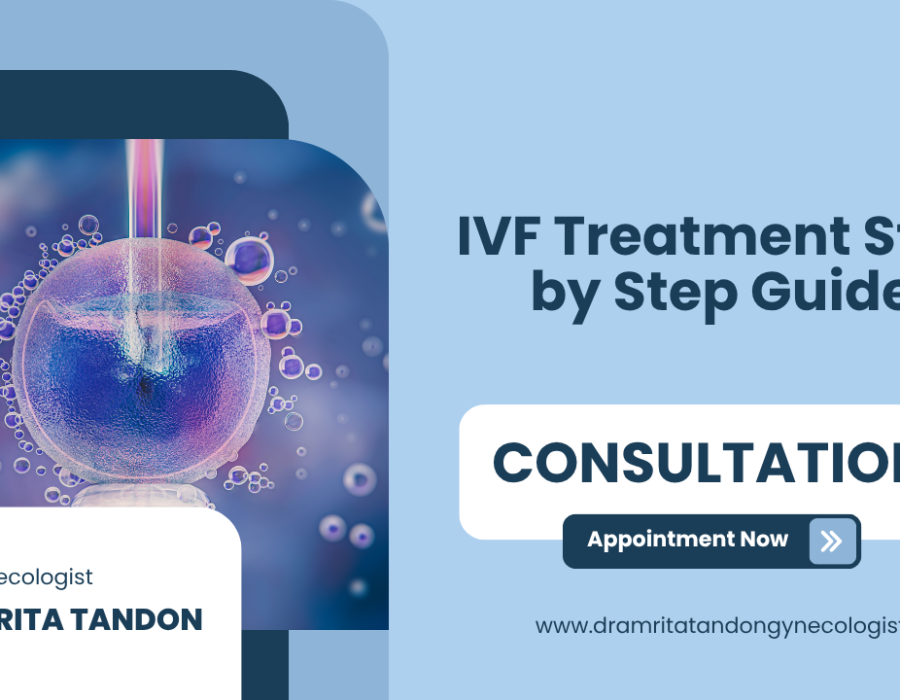IVF (In-Vitro Fertilisation) is a laboratory technique involving a series of procedures that help females conceive a child. It is a form of assisted reproductive technology (ART) recommended to couples or individuals struggling with fertility issues. IVF Treatment In Chembur procedure involves the collection of mature eggs and sperm for fertilisation in a test tube. After fertilisation, the embryo is placed in the uterus to achieve pregnancy. The overall process, from consultation to embryo transfer, takes about 6 to 8 weeks. The steps involved in the IVF process are briefly outlined on this page.
Step 1: Initial Consultation with Fertility Specialist
It involves reviewing the personal and family history of the male and female individuals to confirm whether IVF will be suitable for them. It is followed by a necessary diagnosis and then a thorough discussion related to the IVF procedure.
Step 2: Pre-IVF Evaluation
After the individual or couple consents to IVF, some tests will be ordered to determine the individual's health status and identify the main reason behind infertility. The evaluation will include routine blood tests, semen analysis, infectious disease screening, and an ultrasound to evaluate the health of the ovaries and uterus.
Step 3: Ovarian Hyperstimulation Process
The female individual will be asked to consume fertility drugs for 2 weeks or will be injected with medicines that stimulate ovarian follicles to produce more mature eggs. Five to seven visits are usually required after the intake to monitor the eggs and follicular development. Lastly, egg maturation is done with human chorionic gonadotropin (hCG), and the next egg retrieval appointment is scheduled.
Step 4: Egg Retrieval, Sperm Collection, and Fertilisation
The fertility specialist will retrieve mature eggs from the ovary and collect healthy sperm from the male partner or donor. The egg and sperm are made to fertilise into an embryo using the intracytoplasmic sperm injection (ICSI) technique. Assisted hatching of the embryo is done to improve the implantation success after embryo transfer. A pre-implantation genetic screening is conducted to ensure healthy embryos are only transferred.
Step 5: Embryo Evaluation and Transfer
It takes around 3-6 days after fertilisation for the embryo to be considered healthy for transfer. So, the specialist daily monitors the growing embryo until it has reached the blastocyst stage. A thin, flexible tube is inserted through the cervical opening, and through it the embryo is instilled in the uterus.
Step 6: Pregnancy Test
Pregnancy check-up is usually done first after 7-9 days. It involves measuring beta-human chorionic gonadotropin hormone that the trophectoderm cells of the embryo produce. Its level is usually high after the implantation of the embryo in the uterus. If the first pregnancy test is positive, another test is done after a week; if positive again, an ultrasound is scheduled after 2-3 weeks.
If you are looking for parenthood, get in touch with Dr.Amrita Tandon, the Best gynaecologist in Chembur, who is a leading provider of infertility and IVF treatment.






Comments